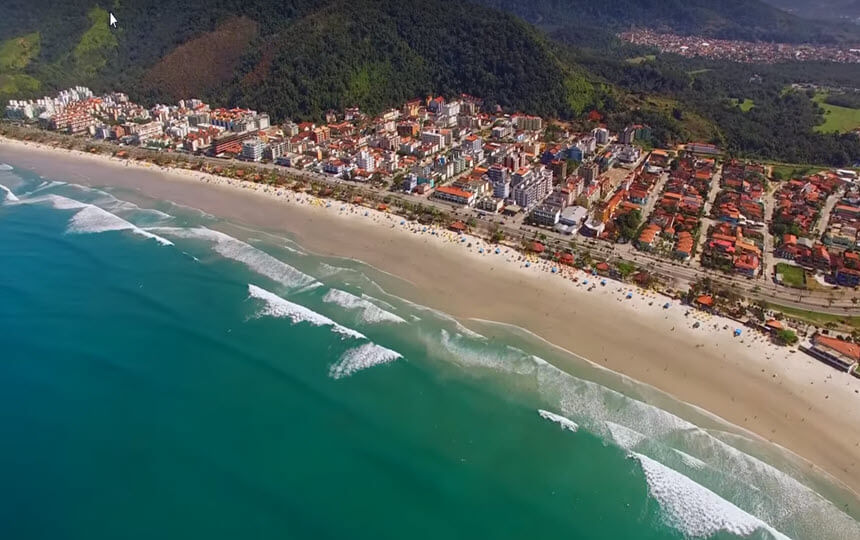RIO DE JANEIRO, BRAZIL – An oceanography specialist analyzes the possible causes of shark attacks that occurred in less than a month along the São Paulo coast.
This month, two sharks incidents were recorded on the São Paulo coast, specifically in the Ubatuba region. The victims had only minor leg injuries, but the issue caused a stir among bathers.
Read also: Check out our coverage on Brazil
To understand why cases like these are more frequent – there have been no records of this type in this area for 32 years – according to the Argonauta Institute – Metrópoles talked to the oceanographer from the State University of Rio de Janeiro (Uerj) David Zee.

For him, there are three hypotheses. First, if we observe both occurrences in Ubatuba, we can notice a common point: they happened during long holidays.
“The number of people going to the beach is increasing in coastal cities, especially in summer resort towns,” reflects Zee. “The animal was already there, but now the probability of contact is more significant because there are more people in the water.”
Another possibility is related to local characteristics. According to him, spaces where there are nurseries for these fish and grazing – that, is, hunting – should be analyzed carefully.
Zee also points out that climate issues influence the appearance of animals on beach edges: “The weather can change from one hour to the next and drag organisms to these environments, which attracts the shark. Furthermore, some beaches suffer erosion and form a slope. Sharks hardly ever appear in flat or shallow waters,” he explains.
THE CASES
On November 3rd, a French tourist was attacked by a shark at Lambeiro Beach in Ubatuba. According to the Argonauta Institute, it was possible to identify that the bite came from the animal through images of the wounds.
This week, on the 14th, a 79-year-old woman was also bitten, this time on Ubatuba’s Praia Grande beach. Otto Bismarck Gadig, a shark specialist at the São Paulo State University (Unesp), concluded from photos that the teeth could only be those of a tiger shark or a big-headed shark, both medium-sized and present in São Paulo waters.
The older woman had an injury of about 25 centimeters on her leg but is well. To avoid any further fuss, experts say that there is no need to be afraid of São Paulo waters and that, for the moment, it is not possible to confirm the existence of an anomaly.
With information from Metropoles

